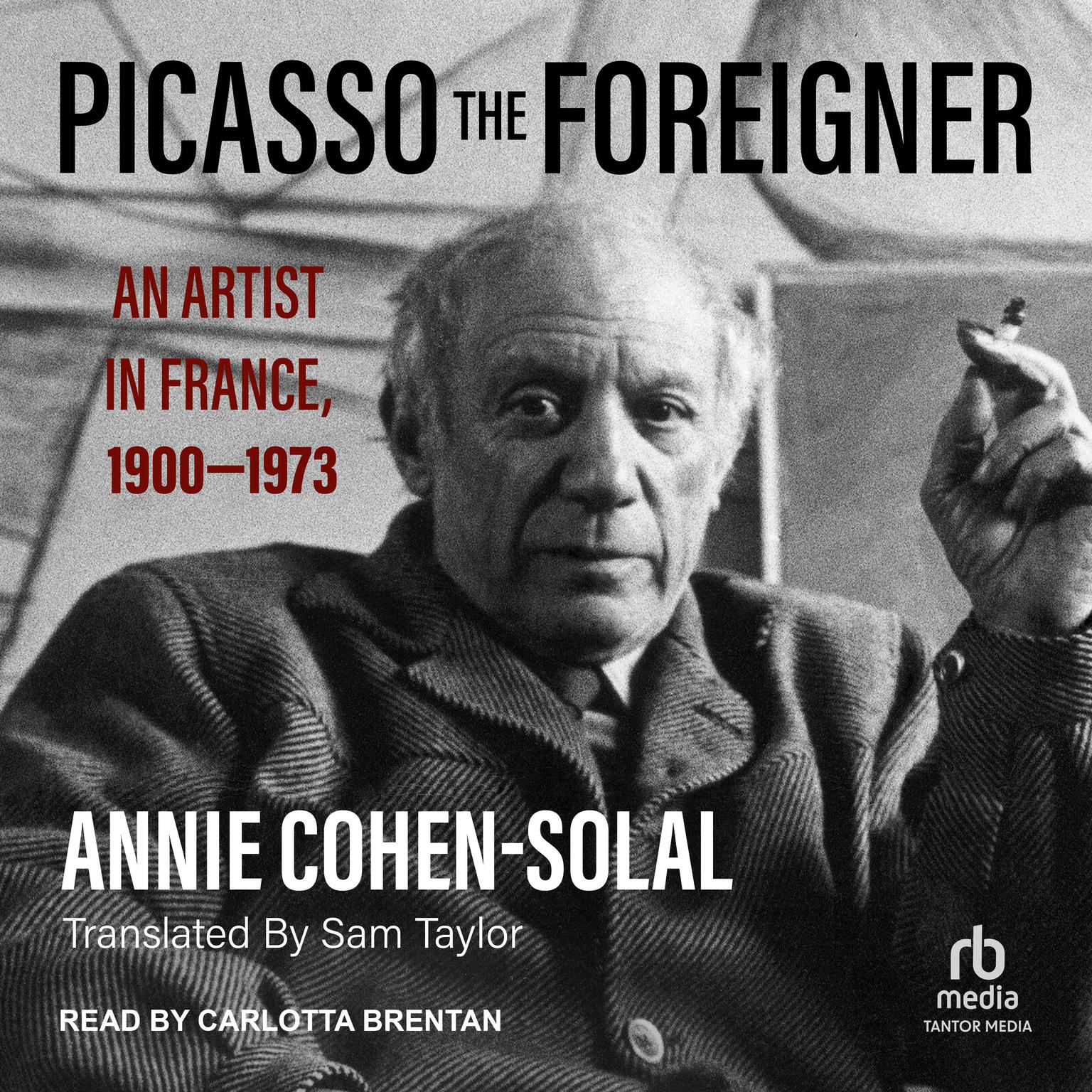 Play Audiobook Sample
Play Audiobook Sample
Picasso the Foreigner: An Artist in France, 1900-1973 Audiobook
 Play Audiobook Sample
Play Audiobook Sample
Quick Stats About this Audiobook
Total Audiobook Chapters:
Longest Chapter Length:
Shortest Chapter Length:
Average Chapter Length:
Audiobooks by this Author:
Publisher Description
Before Picasso became Picasso—the iconic artist now celebrated as one of France's leading figures—he was constantly surveilled by the police. Amidst political tensions in the spring of 1901, he was flagged as an anarchist by the security services. Though he soon became the leader of the cubist avant-garde, and became increasingly wealthy as his reputation grew worldwide, Picasso's art was largely excluded from public collections in France for the next four decades. In a country where the police and the conservative Académie des Beaux-Arts represented two major pillars of the establishment at the time, Picasso faced a triple stigma—as a foreigner, a political radical, and an avant-garde artist.
In this groundbreaking narrative, Picasso emerges as an artist ahead of his time not only aesthetically but politically, one who ignored national modes in favor of contemporary cosmopolitan forms. Cohen-Solal reveals how, in a period encompassing the brutality of World War I, the Nazi occupation, and Cold War rivalries, Picasso strategized and fought to preserve his agency, eventually leaving Paris for good in 1955. The artist never became a citizen of France, yet he enriched and dynamized its culture like few other figures in the country's history. This book, for the first time, explains how.
Download and start listening now!
Picasso the Foreigner Listener Reviews
Be the first to write a review about this audiobook!
About Carlotta Brentan
Carlotta Brentan is a voice talent and audiobook narrator.


